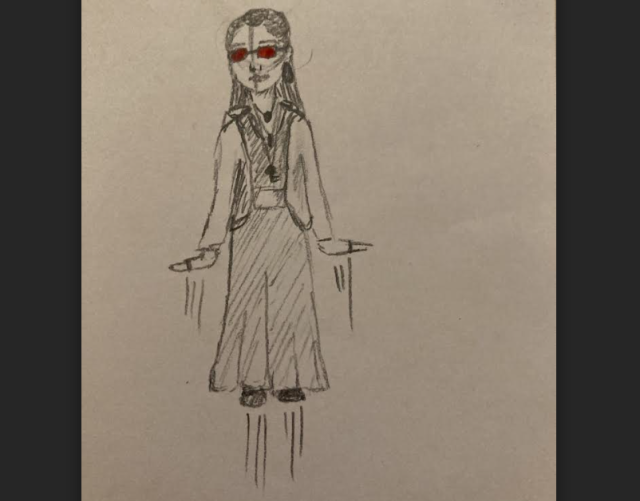Dress Code: Outdated or Beneficial?
Dress codes are something most people are familiar with, and they have been a point of controversy for many years. The most frequently asked questions are if they’re actually beneficial to student’s school experience and learning, or if they’re simply sexism showing in the education system. The theory of them being sexist is promoted by the fact that most dress codes seem to target girls more so than boys. Some examples are the rule stating a student’s midriff may not show, and the idea that spaghetti straps are too revealing. Although these could still apply to guys, they are definitely aimed towards girls. Very few high school boys would show up to school in a crop top or spaghetti strap tank top.
One of the most popular arguments for the pro-dress code is that without them students could be distracted. I don’t see how shoulders could be distracting to anyone, and even if they are it should be easy to ignore them. It’s not anyone’s responsibility to cover themselves up to protect other peoples’ feelings. If someone can’t stop themselves from staring at another person’s body, then they are the problem. Dress codes in certain contexts can be helpful, however, many schools take it too far. It’s a given that students should not show up naked, however, I think it is ridiculous that people will sexualize young girls by saying that wearing clothes that don’t cover all of their body makes them distracting to their male peers. Even if that were the case, it’s more important to teach young boys that a girl’s body is not theirs to stare at constantly or feel any form of ownership over. Stop teaching young girls that it’s their job to make sure everyone around them is comfortable before ensuring their own comfort.
Growing up being told that what you wear is the reason for assault and harassment can be extremely harmful to girls. Victim blaming is a major issue in rape culture, and a lot of it stems from what we are taught as children about how to dress. Saying that a girl needs to cover her body at school as not to distract the males around them promotes the idea that a woman who is raped while wearing a short skirt is asking for it. Although victim-blaming may still be an issue, changing the dress code could be the first step to resolving it.
Clothing is often used as a form of expression and in limiting what we, as students, are forced to abide by dress codes that limit our self-expression and discovery. Growing up is a tumultuous time of learning about who we are as individuals, and limiting ourselves based on what we are allowed to wear can be harmful. Experimentation with outward appearance is a major part of our growth as people, and when schools say certain things aren’t allowed, it can negatively influence our futures by limiting our willingness to express ourselves.
Overall, dress codes are very outdated and harmful. Schools should definitely remove dress codes, or at the very least make them more reasonable. Sexualizing young girls and blaming them for being “distracting” when the boys are actually just being creepy is the very beginning of a kid’s growth. Learning this in school then furthers the belief that the girl is always at fault, and that is not even remotely okay. Dress codes are a very dangerous thing that limits our growth as a society.




